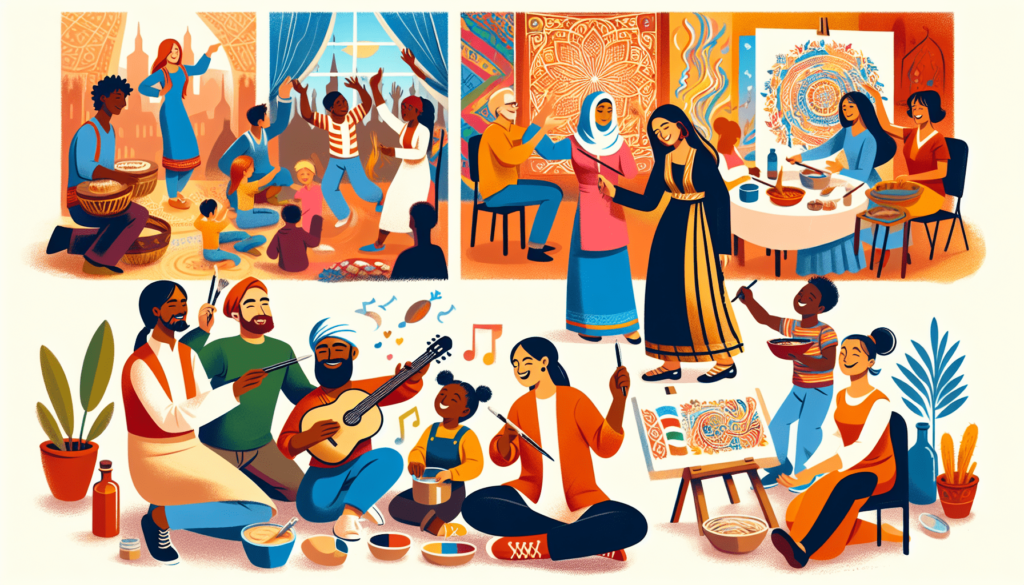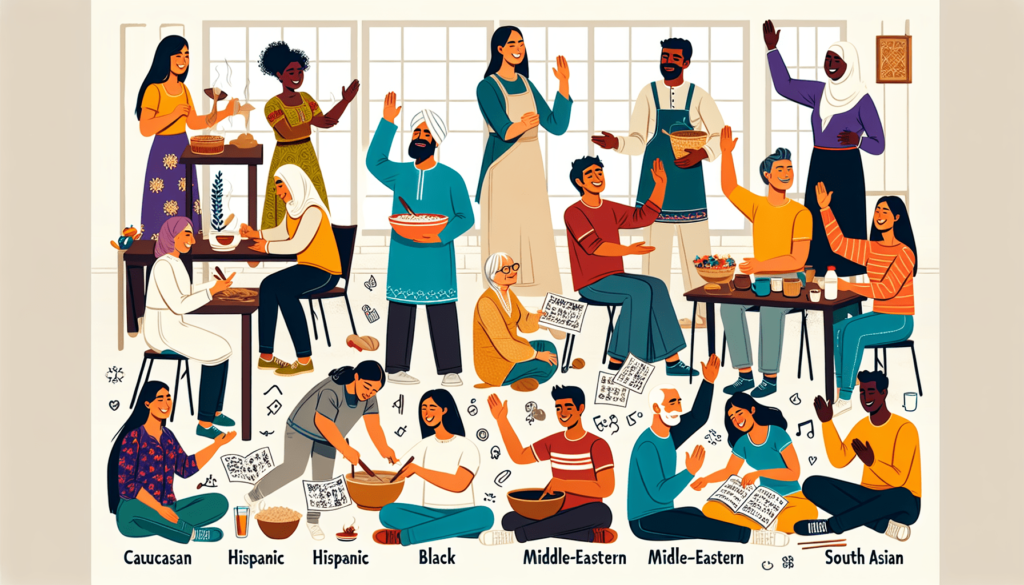Have you ever considered incorporating cultural activities into your language learning journey?

Understanding the Importance of Cultural Activities in Language Learning
When you dive into a new language, it’s not just about learning the grammar rules and vocabulary. It’s also about immersing yourself in the culture that surrounds that language. By participating in cultural activities, you gain a deeper understanding of the language and its speakers.
Why Cultural Immersion Matters
Learning a language in isolation can only take you so far. By engaging in cultural activities such as festivals, cooking classes, or music events, you are exposed to the nuances of the language that textbooks can’t provide. Cultural immersion helps you understand the context in which the language is used and allows you to communicate more effectively.
Types of Cultural Activities to Incorporate
There are countless ways to infuse cultural activities into your language learning routine. Here are some ideas to get you started:
Festivals and Celebrations
Attending cultural festivals and celebrations gives you a firsthand experience of the traditions and customs of the language you are learning. Whether it’s a traditional dance performance or a culinary festival, these events provide a window into the culture and language.
Cooking Classes
Food is a universal language, and what better way to learn about a culture than through its cuisine? Taking cooking classes in the language you are learning not only teaches you new recipes but also introduces you to the vocabulary related to food and cooking.
Language Exchanges
Participating in language exchange programs allows you to practice your language skills with native speakers. This not only improves your speaking and listening abilities but also exposes you to the slang and colloquialisms of the language.
Integrating Cultural Activities into Your Language Learning Routine
Now that you know the benefits of cultural activities in language learning, it’s time to incorporate them into your routine. Here are some tips to help you seamlessly integrate cultural activities into your language learning journey:
Create a Cultural Calendar
Dedicate specific days or times in your schedule to engage in cultural activities related to the language you are learning. Whether it’s attending a film screening or joining a language meetup group, having a cultural calendar makes it easier to stay consistent.
Set Language Goals
Incorporate cultural activities that align with your language learning goals. If you’re focusing on improving your listening skills, attending music concerts or watching films in the target language can be beneficial. Tailor your cultural activities to your learning objectives.
Make it Fun
Learning a language should be an enjoyable experience. Choose cultural activities that interest you and make you excited to learn more. Whether it’s attending a dance class or visiting a museum, find activities that resonate with you personally.
Measuring Your Progress
As you incorporate cultural activities into your language learning routine, it’s essential to track your progress. Here are some ways to measure how cultural immersion is impacting your language skills:
Language Proficiency Tests
Take regular language proficiency tests to assess your progress. Compare your scores before and after incorporating cultural activities to see if there’s an improvement in your language skills.
Conversational Fluency
Engage in conversations with native speakers and observe if cultural immersion has improved your ability to communicate effectively. Note any changes in your fluency and confidence levels.
Cultural Understanding
Reflect on how cultural activities have helped you gain a deeper understanding of the language and its speakers. Have you noticed any changes in your appreciation for the culture after engaging in cultural activities?

Final Thoughts
Integrating cultural activities into your language learning journey can enhance your overall learning experience. By immersing yourself in the culture that surrounds the language, you develop a deeper connection to the language and its speakers. Whether it’s attending festivals, cooking classes, or language exchanges, cultural activities offer a unique and immersive way to learn a new language. So, what are you waiting for? Start incorporating cultural activities into your language learning routine today!

